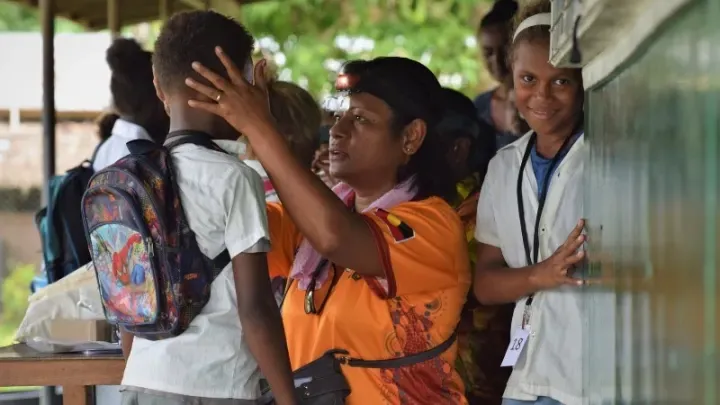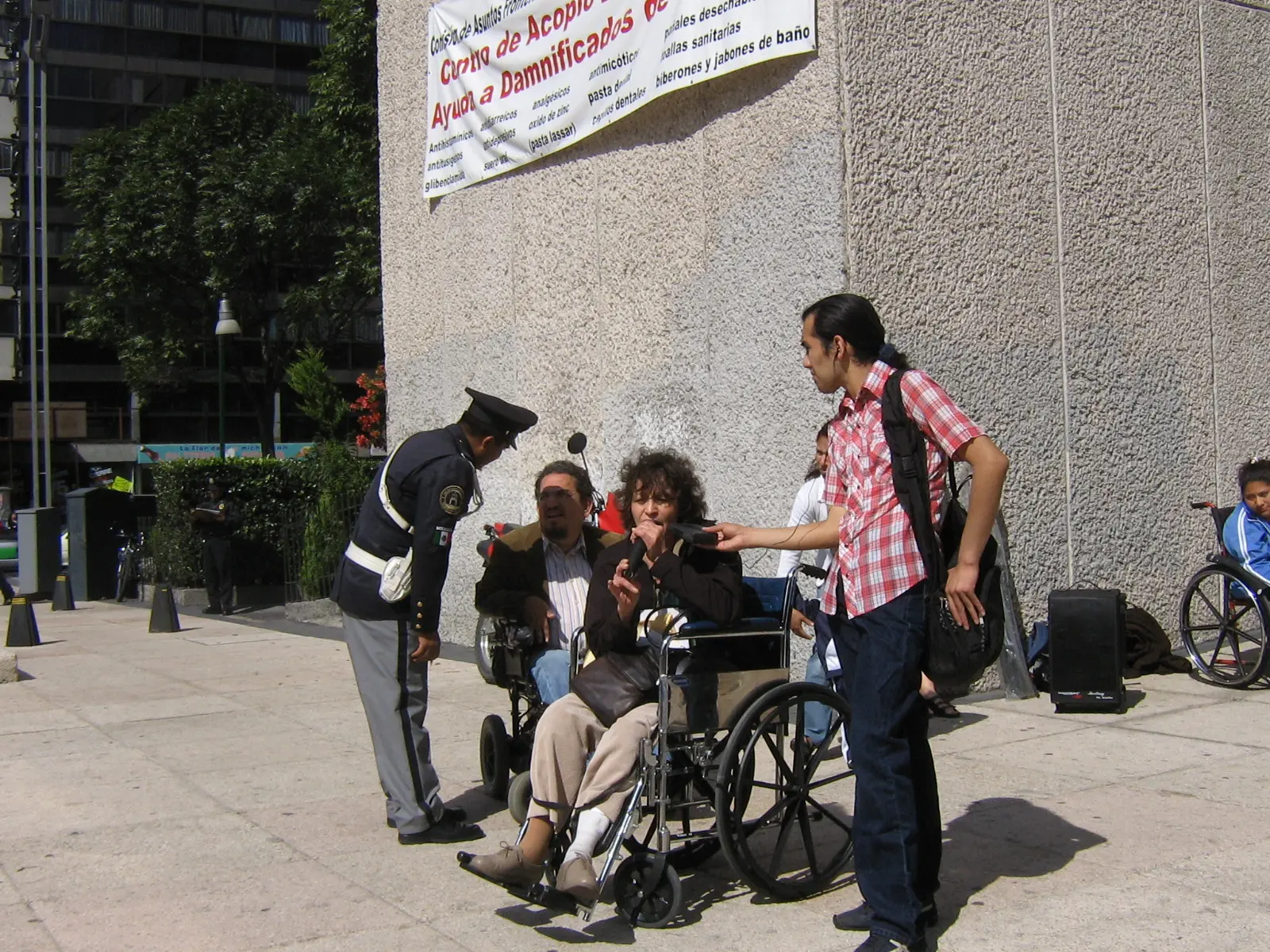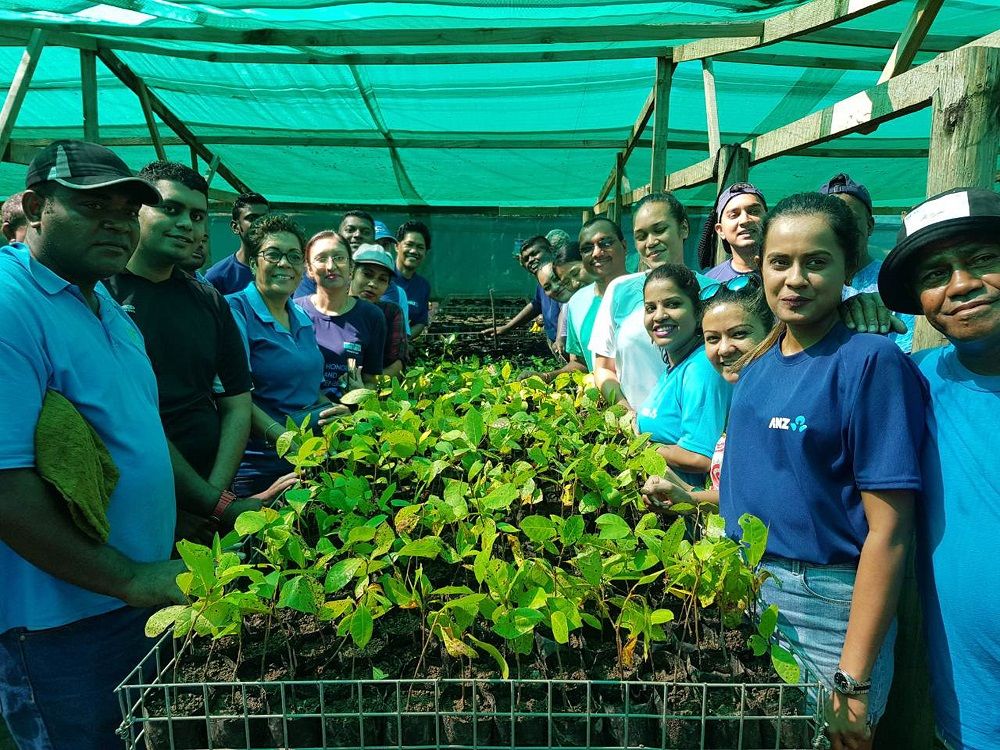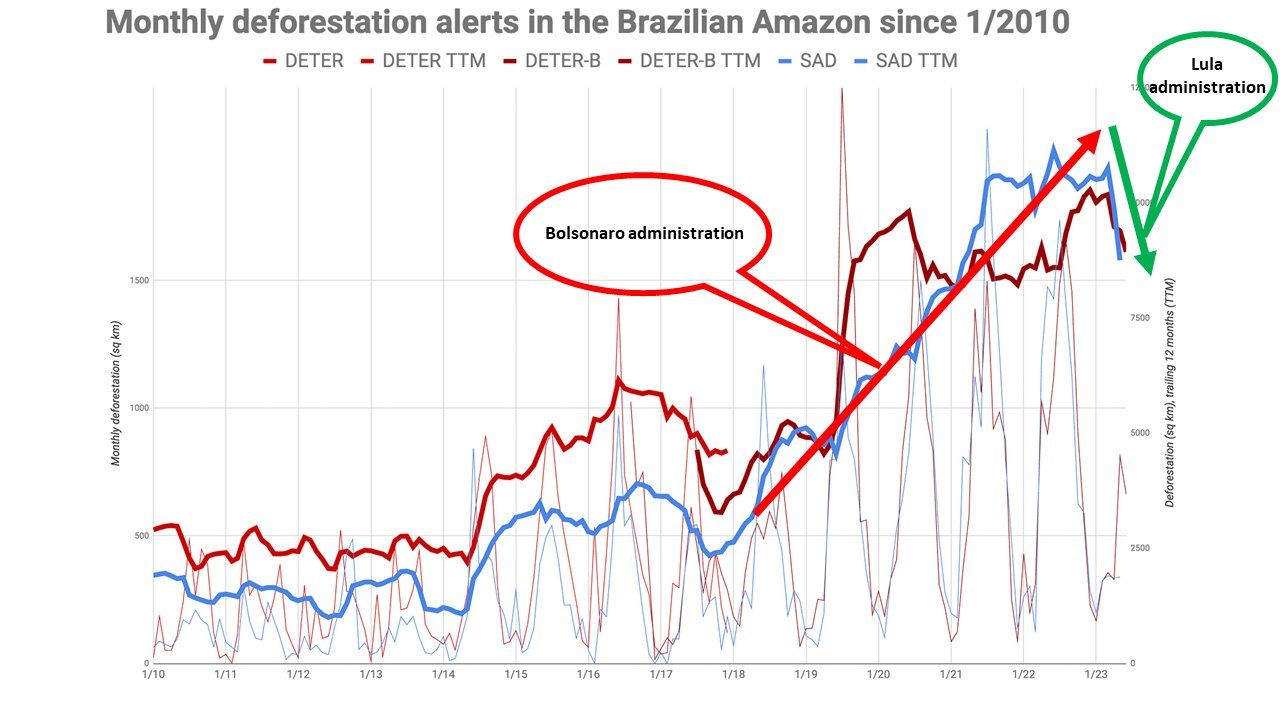This is our weekly roundup of good news from around the world. If you'd like to get this in your inbox, you can subscribe for free below.
Hi folks, a quick announcement before we get into it, to let you know that our recent TED talk is now available not just in English, but in French, Spanish, Portuguese, Chinese, Hebrew and Arabic too.
Good news you didn't hear about

Humanity is winning its fight against trachoma, the world's leading infectious cause of blindness. The number of people at risk globally has fallen from 1.5 billion in 2002 to 115 million today. As of April 2023, there were an estimated 1.5 million cases, down from 1.7 million at the beginning of June 2022, and four countries have eliminated the disease in that same time period. WHO
The world's health agencies are starting to catch up on childhood vaccinations. Immunisation services reached four million more children in 2022 compared to 2021, as countries stepped up efforts to address the historic backsliding in immunisation caused by the COVID-19 pandemic. UNICEF
Namibia has one of the world’s highest HIV prevalence rates, and the virus is still the country's leading cause of death. However, Namibia has made remarkable progress. The rate of new infections is five times lower than in 2002, the death rate has fallen by a factor of three, and the country is on track to hit the 95-95-95 UNAIDS targets before the 2030 deadline. GoodGoodGood
In a landmark human rights victory, Mexico has implemented the National Civil and Family Procedure Code, empowering older persons and people with disabilities to make decisions by themselves, with support if they choose. People with intellectual or developmental disabilities were previously deemed incapable of deciding basic rights, like where to live or with whom. HRW

Cambodia has reduced its maternal mortality rate from 810 per 100,000 live births in 2008 to 154 per 100,000 live births in 2021-2022. During the same time, under-five mortality has fallen from 55 to 16 per 1,000 live births, and overall life expectancy has risen from 61 and 64 years to 74.3 and 76.8 years for men and women, respectively. Khmer Times
The Biden administration has announced it will automatically cancel education debt for 804,000 borrowers, for a total of $39 billion in relief, thanks to fixes to repayment plans. 'For far too long, borrowers fell through the cracks of a broken system that failed to keep accurate track of their progress towards forgiveness.' CNBC
In the past five years, the Gulf countries–Saudi Arabia, the UAE, Bahrain, Oman, Qatar and Kuwait–have made genuine progress on women's rights, healthcare, labour market reforms and education. There are still deep inequalities, and so much injustice, but the list of reforms detailed in this piece is surprisingly long. Arab News
The Caribbean nations of Antigua and Barbuda, St Kitts and Nevis, and Barbados have all recently repealed colonial-era sodomy laws, and St Lucia and Grenada are currently considering them. If they follow suit, the number of countries with such laws in the Commonwealth Caribbean will have halved in less than a decade. 'It’s been a huge, monumental shift in a relatively short number of years.' Bloomberg

Healthcare practitioners around the world are hailing the arrival of two new drugs, donanemab and lecanemab, as a turning point in the fight against Alzheimer’s. With these medicines the disease could become just as manageable as conditions such as diabetes or asthma. Lecanemab received the green light by regulators in the US earlier this month and is waiting approval in the UK and Australia. Guardian
The US FDA has approved the first daily oral contraceptive for over-the-counter use. Organisations such as the American Academy of Pediatrics and the American Medical Association have applauded the decision, saying the move will help millions of women around the country gain broader access to safe and effective reproductive healthcare. Smithsonian
Joe Scarborough, former Republican Congressman from Florida, in an article reminding Americans that even with all of its failings, their country has fed more human beings and helped free more people from oppressive regimes than any other country in history. 'Despite the blather that cable-news hosts spit at you daily, your country is doing pretty damn well.' Atlantic
South Korea's law enforcement agencies have revolutionised their approach to domestic violence thanks to a brilliant, creative idea and media strategy, proactiveness, inventiveness, ambition, unlikely partnerships and, above all, persistence. If you're going to read one solutions journalism piece this week, make it this one. LBB
Even more good news you didn't hear about
A landmark decision for women's rights in Europe. Crime rates in the largest city in the United States have plummeted compared to a year ago (good luck finding that in the news). A victory for nurses in the same city. Japan passes a law to promote understanding of lesbian, gay, bisexual and transgender people. Greece's prime minister says he has plans to legalise same-sex marriage. Why it's time to be hopeful about LGBTQ rights in Asia. South Korea launches its K-Rice project in eight African countries, hoping to feed 30 million people a year by 2027. Annualised inflation is coming down in the United States, Canada, France, Germany, Italy and Japan. Tanzania celebrates the end of its Marburg outbreak with 'a sigh of relief and ripples of excitement.' One of the world's biggest pharmaceutical companies will allow generic versions of its life-saving tuberculosis drug to be supplied to 44 low-income countries.
Consider Subscribing To Future Crunch!
It’s $8 a month or $80 a year for access to the premium edition, which is full of a whole lot more goodness. Paid subscriptions are what keeps this thing going, and allow us not just to report good news, but actually make it happen. Need some social proof? Check out these testimonials from some of our existing subscribers. Hit the pink button below to find out more.
The only home we've ever known
After weeks of intense negotiations, the EU has passed its Nature Restoration Act–the first major piece of legislation to protect biodiversity in 30 years. As a key part of the bloc's Green Deal, the law will boost forested and marine areas and increase connectivity between rivers. According to Greenpeace, 'the vote shows that there is still hope to restore and grow what’s left.' DW
The Biden administration has allocated $660 million to plug abandoned oil and gas wells to clean up legacy pollution. The funding will help reduce environmental and public health risks and revitalise economic growth. Twenty-six states are eligible including Kansas, which is planning to plug more than 2,000 abandoned wells over the next three years. DOI
A six-lane highway in Madrid has been transformed into a lush riverside park, restoring the city’s heavily polluted Manzanares River back to health. A decade in the works and spanning 120 hectares, the Madrid Rio Park has been hailed as both a miracle of engineering and urban rewilding after attracting wildlife back to the river, including otters, not seen in the Spanish capital since the 1950s. Politico
In California, the largest dam removal project in the world is now underway on the lower half of the Klamath River; Colorado will protect 87,4000 acres of fish and wildlife habitat as conservation areas; and in South Carolina, a large portion of the biggest intact Carolina Bay has been transferred to the Waccamaw National Wildlife Refuge, securing rare Atlantic white cedar forests and diverse plant life.
Carolina Bays are one of the few land formations that still hold a bit of mystery, even for scientists. We may not know exactly how they are formed or what gives them their unique shape and orientation, but we do know they’re unique, vitally important for plants and wildlife and need protection.
Dale Threatt-Taylor, Executive Director, The Nature Conservancy in South Carolina
Fiji has planted almost 18 million trees and 750,000 mangrove trees since the country kicked off its Reforestation of Degraded Forests program in 2019. The largest contributions came from Fiji Pine and Fiji Hardwood Corporation, while landowners and visitors have planted the balance. Fiji Times

4ocean has become one of the leading ocean clean-up companies after removing 30 million pounds of plastic and trash across the USA, Guatemala, and Indonesia. The company has teamed up with Corona on a five-year project called 'A River of Change from Corona x 4ocean' to restore biodiversity and local economy along the Motagua River, one of the most polluted rivers in Central America. Oceonographic
The Queensland government has added a new gillnet-free area the size of more than 70,000 football fields in its Great Sandy Marine Park. The 60,000-hectare extension will better protect the Fraser Coast’s unique marine life, including dugongs, turtles, grey nurse sharks and the Australian humpback dolphin. National Tribune
France is tackling 'fast fashion' with a bonus scheme that will reward consumers who repair clothes and shoes with a €6-25 discount per item. The scheme, which begins in October, aims to create new jobs in the repair sector and reduce the 700,000 tonnes of clothing that end up in French landfill every year. BBC
New EPA regulations could prompt the removal of lead paint from homes, schools, and daycare centres, reducing exposure for half a million children under the age of six. Even after decades of efforts, half of American children have detectable traces of lead in their blood, with those in low-income neighbourhoods and older houses at the greatest risk. Grist
In January 2023, Lula da Silva took a wide range of legal, regulatory, and administrative actions to stop surging deforestation in Brazil, from restarting anti-illegal logging patrols to reconnecting with foreign governments’ conservation donor programs. Now, six months into his term, things are looking up for Earth’s largest rainforest. Mongabay

That's all for this week, thanks for reading. We'll see you in our next edition. If you'd like to support our mission, please share this news with your friends and family.
With love,
FC HQ





